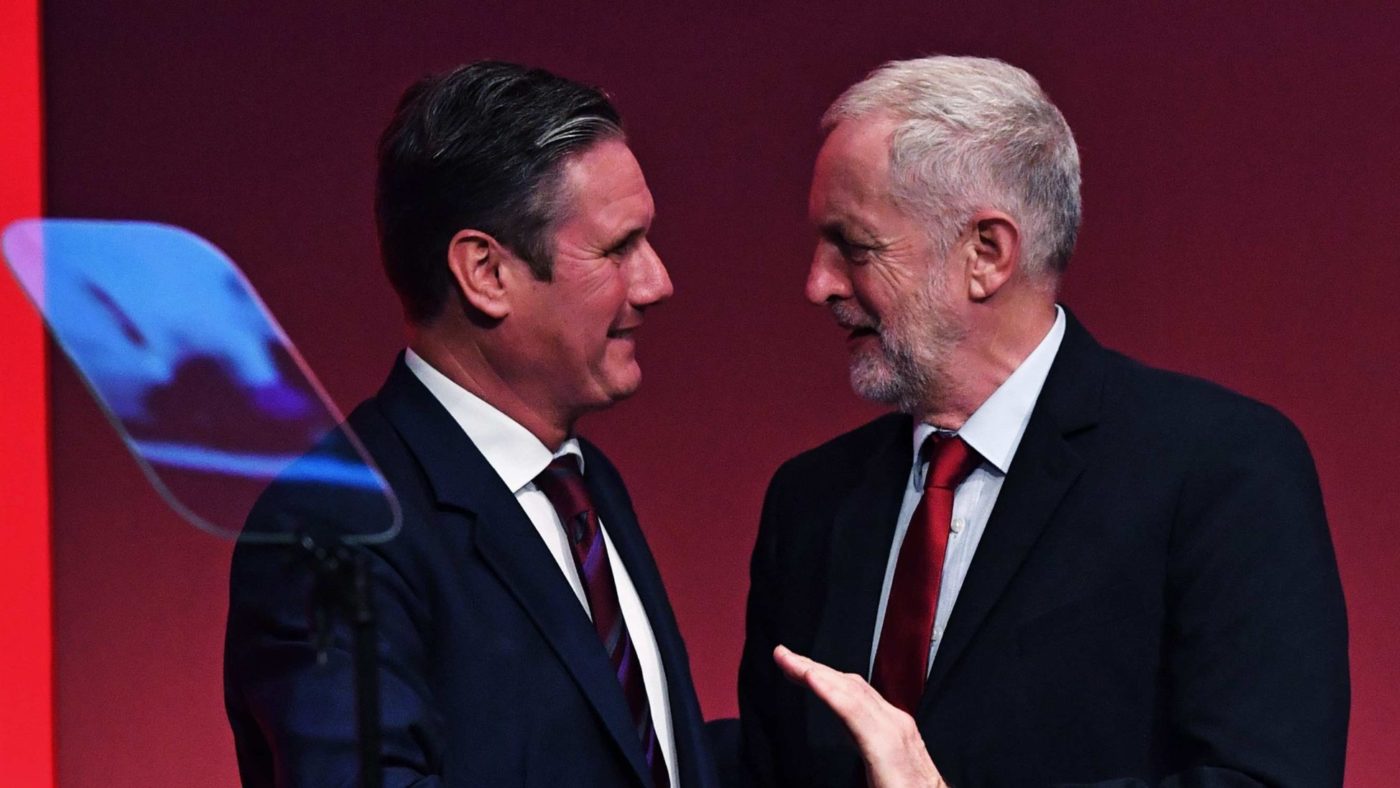Cheap, process politics is the lifeblood of political opposition. Its a structural feature of our politics — tactical flexibility is the only advantage the opposition possesses over a civil service-armed Government. Why then squander that by taking unnecessarily firm positions? So what if a Minister’s decision raises difficult political questions? Tell people it’s the way they did it that’s the problem; play the person not the principle. Above all: always keep your options open.
On Brexit, the Labour Party has been a very typical opposition. However, the problem with process politics is that it always runs out of road in the end. And so we arrive at the moment where Labour must finally take a decision. In all likelihood the balance of Parliament, and thus the fate of the country, lies in their hands. So what is — or at least should be — going through their collective minds?
With any luck it won’t be the deal itself. It is, it should barely need saying, obviously a bad deal for Britain. But in truth this is in not the most relevant question for Labour MPs. No, what really matters is whether a better outcome is available? And if it so: how do we get it?
Alas, this is where the logic of Labour’s anti-deal coalition starts to get a little hazy.
For the leadership, the lip service problem appears to be the lack of a permanent customs union. Yet strangely, it is the strong possibility of such a union that explains Brexiteers fury with the deal too. They cannot both be right and in fact neither is — the withdrawal agreement does not preclude a future relationship with or without a customs union. Yet not only do two wrongs not make a right, they are also rarely created equal. And on this one, it seems fair to say, the Brexiteers appear a lot less wrong than Labour’s leaders.
Next come those who still hold a candle for a second referendum. Sadly (for this Remainer) this is arguably the biggest canard of the lot. Even without more lofty objections, the blunt truth is that a vote against the deal does not a new plebiscite make. It took the last EU Referendum Act seven months to gain Royal Assent. Moreover, its Government had a majority, a mandate, tacit Labour support and full control of Parliament’s schedule.
Even if a cross-party majority could be cobbled together across countless votes — what Government timetables it? This is even more unrealistic, frankly, than Labour’s “optimistic” demand for a General Election. In fact, it may even require a Labour victory as a first step. That is, of course, if Labour ever decides to support it.
Finally, what of those who hope merely for Labour — or for that matter the Government — to cut a better a deal. Here again the problem is: with what time? For how long should we ask the EU — for it is they, legal challenge notwithstanding, who hold the power — to extend Article 50? Beyond the next set of European Elections? Tricky. For the 12 months it might take to hold a clarifying election or referendum? Why ever not, Europe may sardonically reply. After all, the last of each cleared things up just perfectly, didn’t it?
No, what should occupy Labour thoughts is the fact that as per Article 50 no deal is the Brexit default; the status quo if nothing else gets signed. Yes, Europe emphatically wants a deal. But Labour’s would-be gamblers should know it must also be wary of granting a powerful precedent to populist governments in Italy and Eastern Europe. And as Remainers used to point out — correctly — the political integrity of the union always comes first. A long way before any moral or economic imperative to bend the rules for Britain, certainly.
Yet who knows — perhaps deep down the Labour leadership wants a no deal outcome? Maybe, this is all a big exercise in proving the Marxist theory that only crisis allows for real socialism? Perhaps Corbyn merely thinks such brinkmanship is a risk-free shot at a general election. Well, on that front he is wrong. As it stands, Labour’s bears no credible blame for anything bad caused by Brexit. But if Britain leaves without a deal then all those who de facto voted for it will share in the political recriminations.
There is no telling what they will be. So by all means gamble, by all means indulge in opportunistic opposition. But of one thing Labour MPs should rest assured. The people of this country will not understand it if, with their official Brexit policies all but identical, our two main parties cannot prevent petty partisanship from leading us off the cliff.
They are unlikely to forgive it, either.


